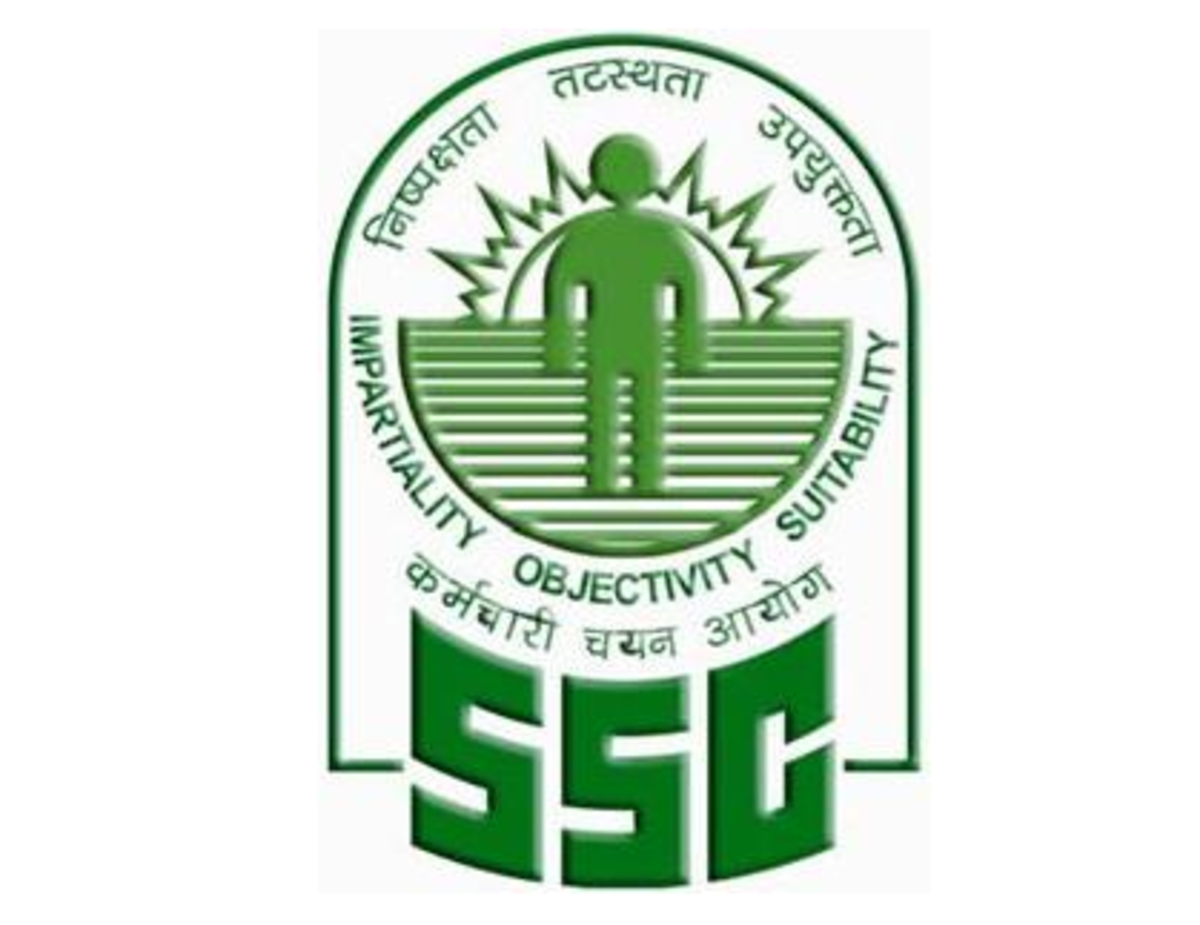Why Your Child Isn't Prepared for College

21st Century Skills
From the day our little bundles of joy enter our lives, we begin to plan for their future. We worry about what the world will ask of them as adults. There is no doubt that providing a college education for your child is one of the best things that you can do. We save, we research financial aid, we seek out good programs and we ensure that our children prepare for the ACT and SAT so that they get the best scores, but we’re missing one very important aspect. 21st century research skills.
I’m an instructor for two Universities and I’m also a Librarian, so I’d like to share with all the parents out there what I’ve learned over the years to help ensure their students make an easy transition to college. I’ve worked with college students and high school students, so I have had the opportunity to see the disconnect and also put forth efforts to eliminate the problems that stem from under prepared students. In addition to holding yearly summer workshops to bring high school Librarians and Academic Librarians together, I’ve also presented faculty workshops at various high schools to bring the issue to the forefront and encourage faculty to add the requirement of college level resources to their curriculum.

How Students Research in High School
The vast difference between the research process in High School and College is one that strikes fear into every college freshman. I see it every day. Freshmen are under prepared for the level of research that will be required of them. They lack the ability to find quality information and use high level sources. Why is this, well basically there is a huge difference between research expectations, not only in how they researched as a high school student, but also the format and types of resources they were required to utilize.
During their high school years, students rely on very basic resources. Typically a high school senior will complete one research project their senior year. How can this properly prepare a student to transition into higher education, where they will be required to complete research projects and research papers for every class in which they enroll? It doesn’t. Something is amiss here and as someone who works with incoming college freshman, I know that not only does this put students at a disadvantage, it becomes a frightening experience. Students can quickly lose confidence in their ability to thrive in college. This is particularly disturbing to those incoming freshmen that have traditionally been straight A students at their high schools.
Students who maintained high grade averages become stressed when they realize that most of the sources they relied on for information in high school are simply not acceptable resources for college level research. I see this frustration among the majority of incoming freshmen.
I can’t say that every high school sends under prepared students out into the college arena, but many do. Unfortunately we see it more from students coming from underfunded schools, but it’s not limited to these schools. High schools simply have different resources than colleges.
For example let’s look at the typical high school senior’s research project. Most high schools offer college prep English and this is a good start to preparing your child for college, but there’s a couple things that go wrong. Number one…students don’t have to take college prep English in order to enter college and number two…even if they do, the majority will use internet resources to complete their senior papers, even for college prep courses.
The typical project consists of the instructor requiring a student to learn the basics of citation style, either APA or MLA. This is if the student is lucky, because not every school requires a student to learn a formatting and citation style. In college they are expected to know how to format papers in several different styles. Big problem.
Ask high school seniors what resources they are required to use in their research paper. Most will tell you one or two books and some internet resources. We’ll discuss later what colleges requires of research, but let me just tell you now…this doesn’t cut it.
I’ll try not to go off on a tangent here, but your schools are losing librarians at a high rate. With budget cuts looming, many schools are quick to cut their school librarians on a first round cut. If schools do not have librarians and teachers are overworked, who’s going to take the time to show these students how to find and use quality resources?
There are some fantastic librarians out there and they are essential to your child’s success. There’s much written on the school librarian’s vital role and I’ll provide a few links below to back this up. The reason that they are vital is because they are the ones that show your student the difference between finding something that ‘looks ok’ and conducting an internet search and applying evaluation criteria to determine the validity of the resources they find.
So if your student is lucky enough to have a school librarian and an English teacher that requires them to write a research paper with several types of resources.…they have a better start, but they are still lacking the most prevalent resource used in college… and by most prevalent I mean 80-90 percent of a college student’s information for a research project will come directly from this resource and it will be the same for every paper they submit throughout college. Are you beginning to see the problem?
Have you looked at the website for your child’s school library? Please make sure you do. Some of them are very well done and others provide a link to the library catalog and maybe a few internet tips. If you don’t have a school librarian your child is probably limited to what they can find on the internet and expected to use their own judgment to determine the quality of the resource. Not sure this is a good idea, have you seen what gets passed around on social media by teenagers, and for that matter by some adults….it’s scary. I’ll save that subject for another time.
Students are not getting the practical information and practice that they will need to create their first research paper for college. (I cannot say this is true for every school out there. What I can vouch for is my own experience speaking to high school seniors, administrators, faculty and librarians.)
If you have a high schooler in your midst, take a minute to ask them if they have ever used a library database to locate a scholarly article. I can almost guarantee that you will be met with the ‘deer in headlights’ look as you get the traditional response of ‘What?’.

How Students Research in College
Universities rely heavily on their collection of library databases. Accreditation depends on it. We must have databases that support every program offered in order to have that program accredited. One would think something this important to national accreditation, might also be important to those looking at resources in a high school library. Unfortunately this is just not so.
So the most important resource at a University has no equivalent in a high school library? Not necessarily, this varies by state. Ohio, Florida, Pennsylvania and quite a few others all offer a sort of beginner level of databases available to high school students. Often these are provided through state programs that share basic databases among high schools and public libraries.
College students are required to use the Universities databases. These databases contain scholarly journals. They are extremely expensive. We are talking millions of dollars for some of the larger Universities and up to 80% of the budgets of most libraries. Most high schools simply can’t afford to offer man of these resources to their students, but I will tell you where to find good alternatives that you can access.
Scholarly journals are journals that contain peer reviewed articles created by experts in their field. They contain expert research verified with citations and the peer review process. The information they contain is of a technical nature and often include statistics, graphs and charts.
These articles are required for every college research paper. They are not found in Google and frankly the search process is not an easy one. Students need to have a new skill set to be able to locate these articles, a skill set that they have never been taught.
Searching a database is nothing like searching for information on the internet. One must first have an understanding of their topic and then they need to know the specific searching capabilities of each database. In addition to having different searching capabilities, there are different databases for different subject areas. A student’s first introduction to these resources is nothing less than overwhelming.

What You Can Do
Find out if you have a school librarian at our student’s high school. If you don’t make it known that without one your student will not be prepared for college. Attend school meetings and ask if the teachers require students to use databases and scholarly articles for their research.
Visit your school’s library and ask about your school library’s resources. If the library doesn’t have a web page ask why and if they do, go check it out. As a parent or even better a group of concerned parents, you can make a difference and change your school’s approach to preparing your child for college.
Sit down with your child and take a look at any University’s web page. Help them become familiar with the resources they will be using. Most Universities understand that students are overwhelmed by the amount of information contained on a University’s library website. There are numerous video tutorials that will help your student understand how to use the library’s databases. Take advantage of these before your student enters college.
Most Universities do not allow access to their resources unless the student is enrolled in the University, but there are some alternatives. If your state provides consortium based resources, your high school will have some lesser versions of the databases found at the Universities. They will also provide some of those resources from your public libraries as well.
Visit your public library and ask a librarian to help you navigate their databases. Librarians can be your best friends when you’re learning how to use databases. Check out the libraries of the Universities your student applies to as well, even better meet with their Academic Librarians or chat with their Librarians by visiting the University Library's webpage and using the library's IM service to ask questions.
Also stay tuned to my Hubs and I will continue to post information to guide your student through the wonderful world of article databases.









